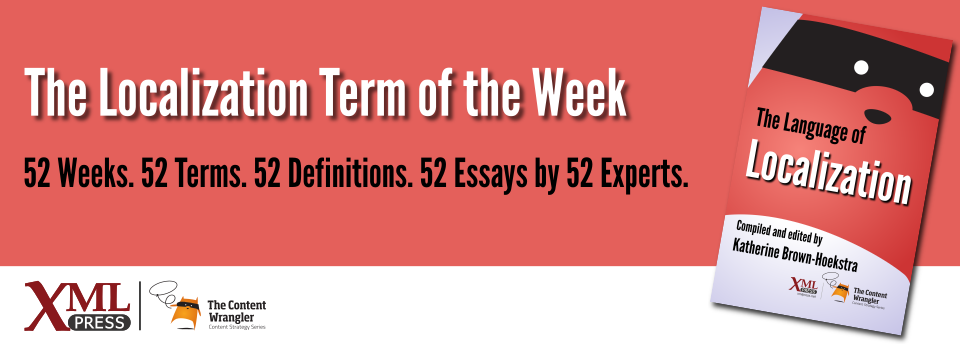What is it?
The art of optimizing a website so search results for the site appear in search engines, regardless of language or region. Also known as international search engine optimization (ISEO).
Why is it important?
Allows content to be found and consumed by more people than the nearest competitor by increasing findability in search engines result pages, regardless of the language of search.
Why does a technical communicator need to know this?
The investment in great online content offers a superior return on investment (ROI) only if that content is available to consumers, regardless of language or location. However, simply translating your content isn’t enough. People can’t engage with your content if they can’t find it. As Willy Brandt said, If I’m selling to you, I speak your language. If I’m buying from you, dann müssen Sie Deutsch sprechen.
Copy, localized or otherwise, starts with keywords. Using the right metadata, you can gain insights into what is being searched, where it’s being searched, the frequency of searches, and the level of competition. The Google Keyword Tool[Google Adwords] provides a wealth of information for free. Armed with this information, you can ensure that your content has a greater chance of being relevant and useful in the regions you’re targeting.
Also consider where you host your content. Hosting on a local domain – for example, domain.de if you are selling in Germany – can improve trust. However, this increases your workload, so be careful to select a web content management system that can handle local domains easily.
Once the content is in place, the process of reaching out to local bloggers and social media magnates in their own language can begin. Manually adding your site to local, respected business directories will gain trust, as will carefully constructing local social media pages for your company.
Over time, localized pages will appear in the search engines. Using your measurements and feedback loops, you can determine the strategies that work best in each region to gain prominent placement in search engine results across multiple languages[Brooks 2015].
References
- [Google Adwords] Google Keyword Tool: Free tool that helps you analyze your customer’s search habits.
- [Brooks 2015] The Need for Multilingual SEO: Brooks, Richard (2015). Blog post on The Content Wrangler that goes into detail about why multilingual SEO is important and provides advice on how to get started.

